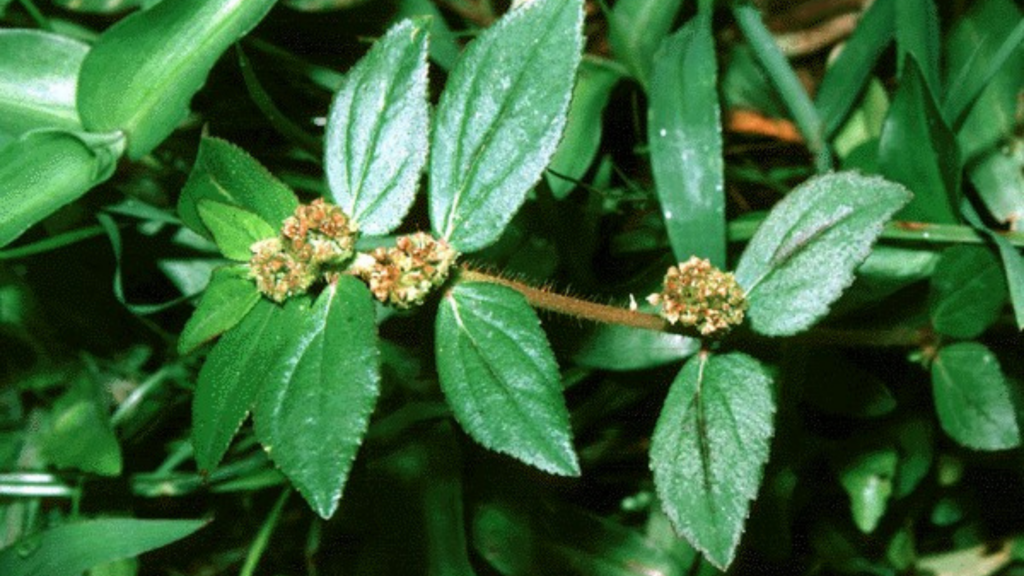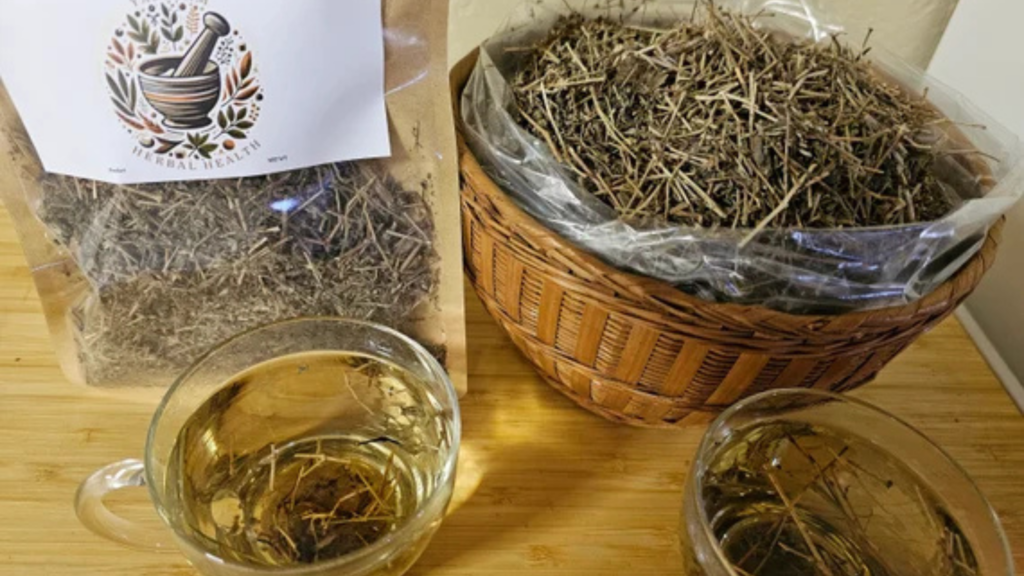Euphorbia hirta, often referred to as the asthma plant, is a herb known for its extensive role in traditional medicine. This remarkable plant offers a broad range of applications—from addressing respiratory issues to aiding digestive health. In this article, we will explore the various uses of Euphorbia hirta, the methods by which it can be used, and the scientific underpinnings of its claimed benefits.
Benefits for Respiratory Health
Euphorbia hirta is particularly renowned for its effectiveness in treating respiratory conditions such as asthma, bronchitis, and coughs. Traditionally, the leaves are prepared into a tea or decoction believed to possess bronchodilatory effects, which help in relaxing bronchial muscles, ultimately making breathing easier for asthma sufferers.

Digestive Health Applications
This herb also plays a significant role in gastrointestinal health. Known for its antidiarrheal and anti-inflammatory properties, a decoction from the leaves can alleviate diarrhea and dysentery symptoms. Euphorbia hirta’s potential to relieve gastrointestinal spasms positions it as a possible option for managing irritable bowel syndrome (IBS) as well.
Uses for Skin Conditions
When used topically, Euphorbia hirta can be applied in the forms of pastes or infusions to treat various dermatological issues. It is effective against warts, boils, and rashes and has even been considered for promoting wound healing, thanks to its antimicrobial and anti-inflammatory attributes.
Antimicrobial Properties
This herb is characterized by its broad-spectrum antimicrobial capabilities, suggesting it may serve as a natural remedy for bacterial, fungal, and viral infections. While this potential extends to both internal and external applications, further scientific validation is necessary to confirm its effectiveness.
Pain Relief and Anti-inflammatory Benefits
With its analgesic and anti-inflammatory properties, Euphorbia hirta may aid in alleviating pain associated with conditions such as arthritis, muscle strains, and headaches. The leaves can be consumed as a tea or utilized topically as a poultice for these purposes.

Fever Reduction
Traditionally, Euphorbia hirta has been utilized as an antipyretic to reduce fever. Consuming tea made from its leaves is a common practice to help lower body temperature during episodes of fever. It is believed that the plant’s natural compounds may have a cooling effect, although comprehensive scientific studies are still needed to support these claims.
Support for Urinary Health
Euphorbia hirta is also traditionally known for treating urinary tract disorders, such as infections and bladder inflammation. Its diuretic properties, thought to encourage urine production and flow, may assist in flushing out urinary tract infections. Typically, a tea or decoction from the leaves is prepared for this purpose, yet clinical evidence remains limited, making it advisable to seek guidance from healthcare professionals before using it for such conditions.
Potential Antioxidant Benefits
Given the growing interest in antioxidants for overall health, Euphorbia hirta’s antioxidant properties are under examination. These properties may play a significant role in combatting oxidative stress, which is linked to various chronic diseases.
Preparation and Usage Methods
The most commonly recommended method for utilizing Euphorbia hirta is by preparing a tea or decoction from its leaves. This involves boiling fresh or dried leaves in water for a few minutes, after which the liquid is strained and consumed. For external applications, the leaves can be ground into a paste and directly applied to the skin. Preparation methods and dosages can vary based on the condition being addressed and regional traditions.
Considerations for Safety
Despite its historical significance in traditional healing, caution is warranted when using Euphorbia hirta. Certain parts of the plant may be toxic in large quantities, and side effects or interactions with other medications could occur. It is crucial to consult a healthcare professional before using Euphorbia hirta, especially for pregnant or breastfeeding individuals or those with pre-existing health issues.
Euphorbia hirta stands out as a compelling herb within the landscape of herbal medicine, showcasing diverse applications in treating respiratory ailments, digestive issues, skin conditions, and more. While its extensive traditional usage is impressive, a deeper scientific understanding is essential to validate its efficacy and safety. As with all herbal remedies, responsible usage under the guidance of a healthcare professional is strongly recommended.


4 thoughts on “Euphorbia Hirta (Asthma Plant): Insights into Its Traditional Uses and Applications”